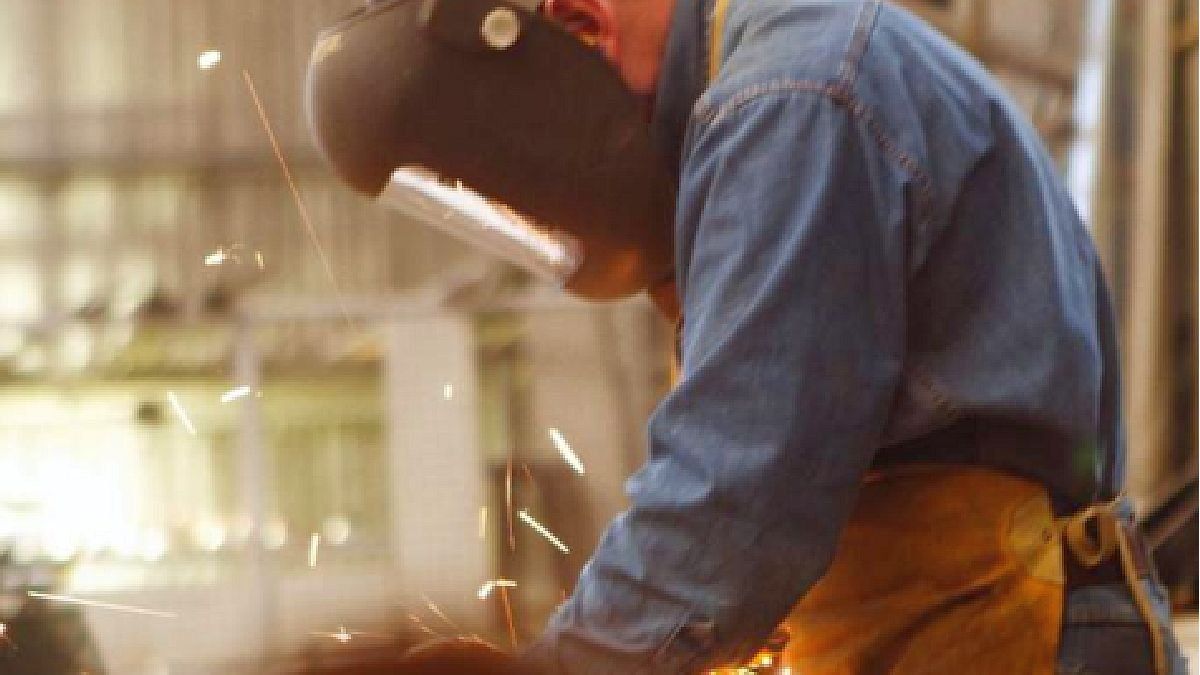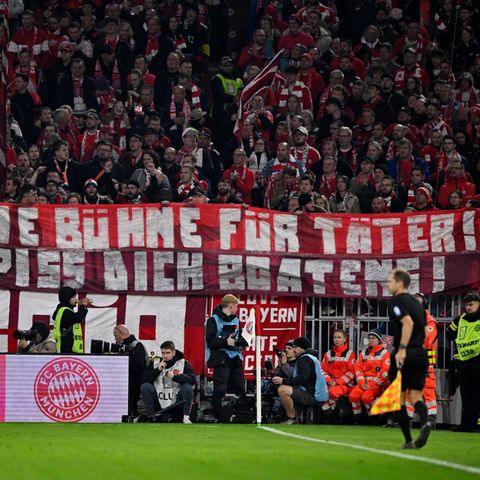The elected president Javier Milei He has already announced that he will propose to the National Congress the legislative treatment of a series of modifications linked to the first economic reform of his Government. In this context, deregulation and tax relief appear as transversal concepts for the industrial future. However, representatives of the sector warn that the tax reduction is not enough to achieve competitiveness while the disseminated inputs continue to be paid in Argentina “double or triple” than abroad.
Reduction of taxes, new contract and occupational risk laws, UOCRA-style unemployment insurance and reduction of litigation are for Milei the central points of a labor reform. The aspiration of the elected president is achieve greater competitiveness for future commercial opening. However, SME industrialists in dialogue with Ámbito warn about other factors that Milei has not considered, such as the value of intermediate goods, key to production, or the cost of energy distribution.
“We want to ask Milei for an urgent meeting to talk about these issues,” insists Daniel Rosato, head of Industriales Pymes Argentinos (IPA). “Our agenda proposes competitiveness and free trade, but We pay double or triple what we pay abroad for widespread inputs.. Chinese steel sheet costs US$700, in Argentina more than US$2,000,” explains the businessman. If the same prices are not maintained on an international scale, Rosato questions the continuity of the SME workforce, 75% of the total. “If the published prices go down we can compete. The tax reduction is not enough”says Rosato.
Julián Moreno, head of Apyme, focuses on this idea and denounces unfair competition by exporting at lower prices than those sold in the domestic market. “It is proof of a dominant position, but without the Ministry of Commerce there will be no place to complain,” he explains. In this sense, businessmen are concerned about the prices concentrated in large companies that supply widespread inputs.
For his part, Luciano Galfione, head of the ProTejer Foundation, understands the lack of competitiveness in Argentina as a systemic problem. “Everything that is produced competitively in any productive establishment reaches the consumer at non-competitive prices, but every time imports were opened in Argentina, not only were the products not cheaper, but the productive network was destroyed,” Galfione highlights. In this sense, the head of the organization calls for the competitiveness of four factors: energy, labor, the tax burden and the transportation network. On this point, he highlighted the need to “extend the entire railway network and restore value to everything that became obsolete; “It would bring a lot of competitiveness.” Until now, Milei has proposed the extension of transportation through privatization.
“If I want to be competitive with the world I have to have the world’s costs. In Argentina, the transportation distances we have are enormous, a sector monopolized by a single electrical distribution network such as Edesur or Edenor, or in the interior by cooperatives,” exemplifies the head of Protejer and adds: “State intervention is not always wrong. , if you cannot remove competitiveness due to factors that the company cannot manage.”
Regarding the tax burden, he alleges that every time the industry in general adds value to the product, the tax burden is greater. “A t-shirt that is born with thread made in Catamarca, ends up in a clothing workshop in Buenos Aires and in the middle it passed through Corrientes, La Rioja and Santa Fe, each time it crossed a border of a province it paid Gross Income. To that we add Profits, VAT and perceptions. The problem is not the production of a product, it is its marketing,” he analyzes in dialogue with Ámbito. Under this premise, the high interest rates of banks, the commissions charged by credit cards and the level of rents do not contribute to the development of the national industry either.
Regarding the latter, a voiceover businessman presents strong complaints about the difficult access to credit for private individuals, which in Argentina is 7% of the GDP. The same happens with energy, which due to supply problems “constantly affects factories with outages or voltage variations”, while, in the case of the north of the country, “great asymmetries are suffered with respect to price.” In conclusion, Rosato assures that The free trade policy without considering the problems of the internal market could have the same consequences as in the 90’s: “25% unemployment, migrating to look for work, and the time of barter.”
Source: Ambito




